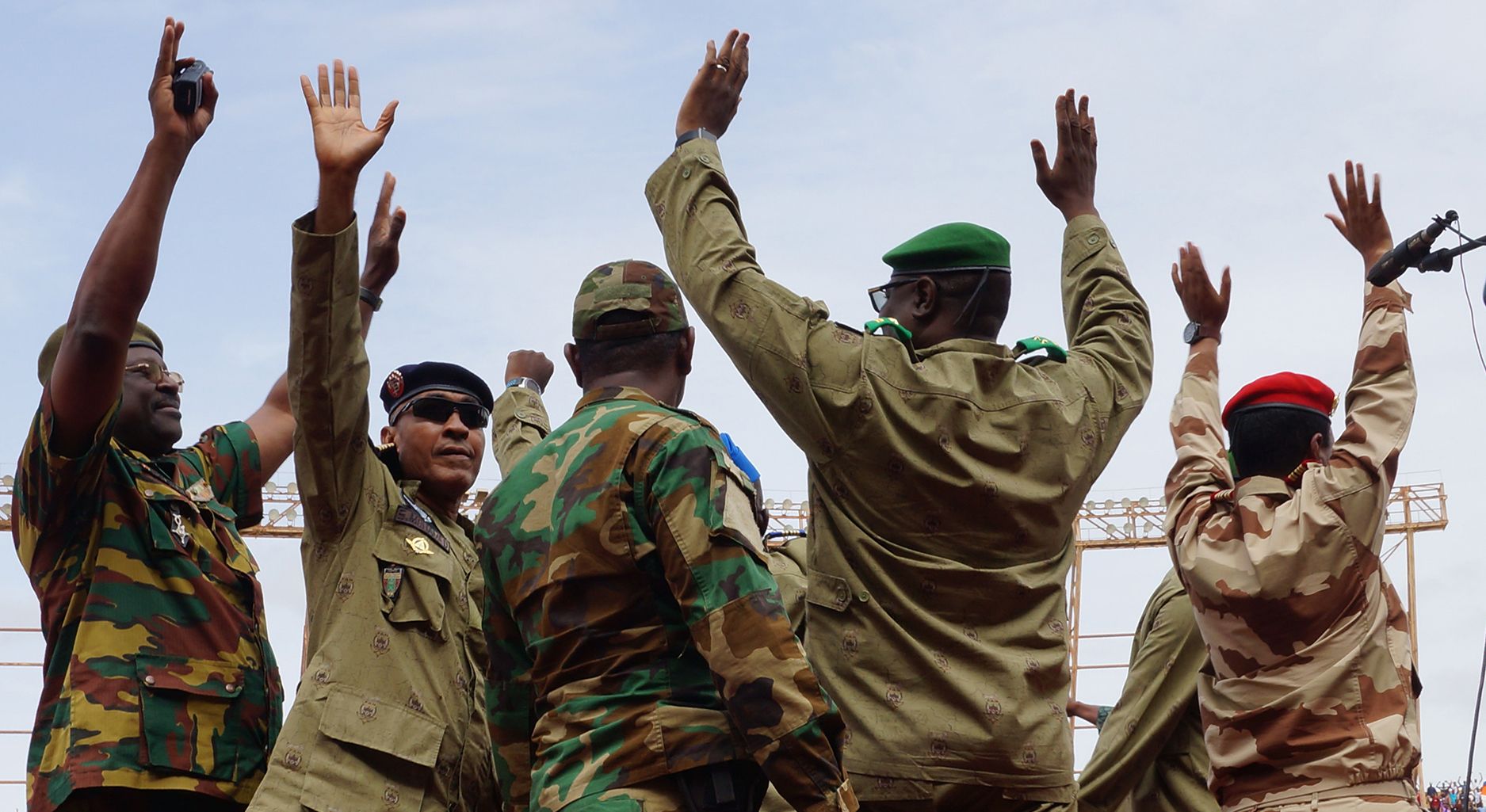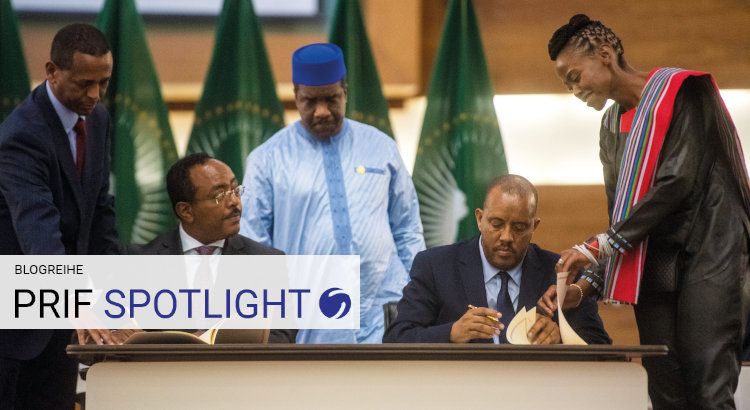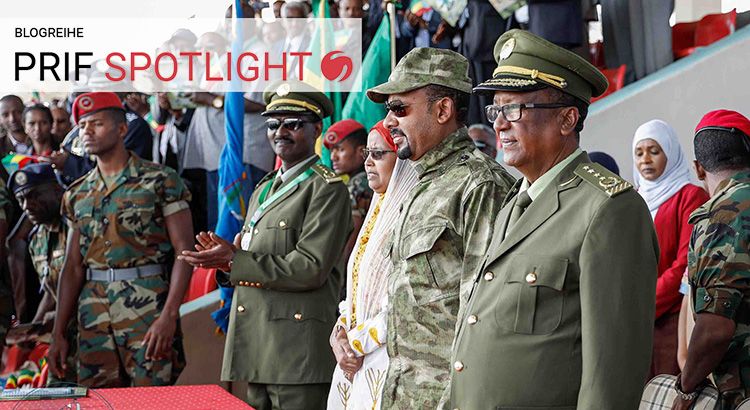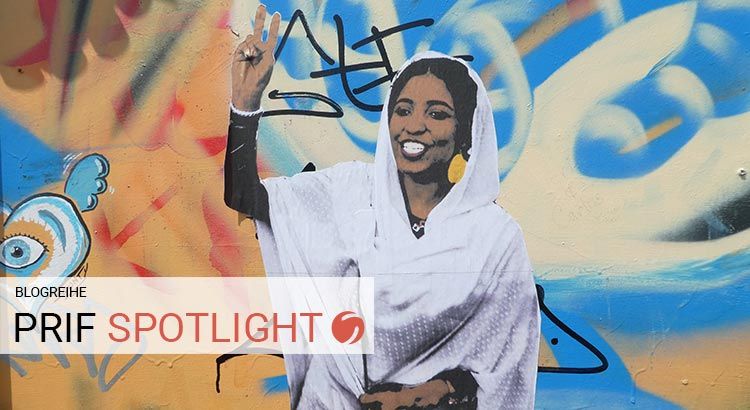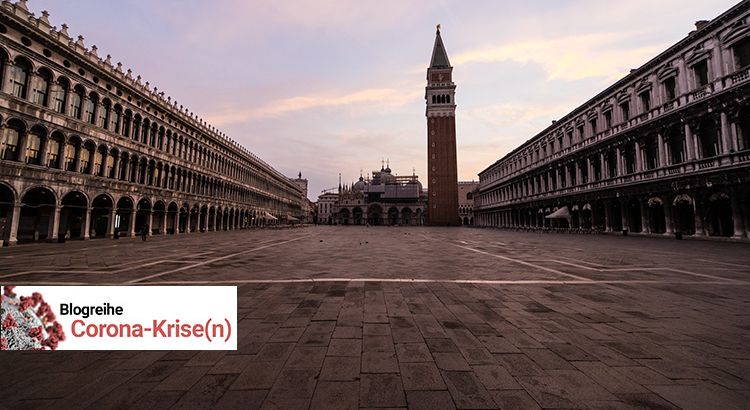Back in Business or Never Out? Military Coups and Political Militarization in Sub-Sahara Africa
This Spotlight discusses the resurgence of military coups in Sub-Saharan Africa. We argue that an analytical and political focus on coup events misses out on the bigger picture of military influence in politics. Introducing the new Multidimensional Measures of Militarization (M3) dataset, we demonstrate that African countries that were part of the recent wave of coups, previously showed signs of political militarization such as military veto powers and impunity. We conclude that these subtle forms of military influence can serve as early warning indicators for military coups.
